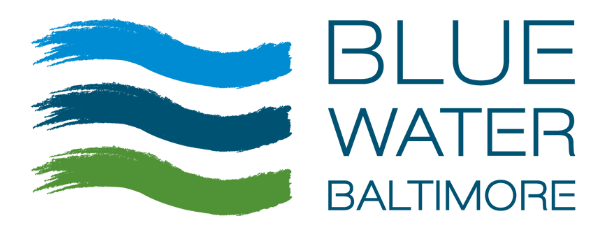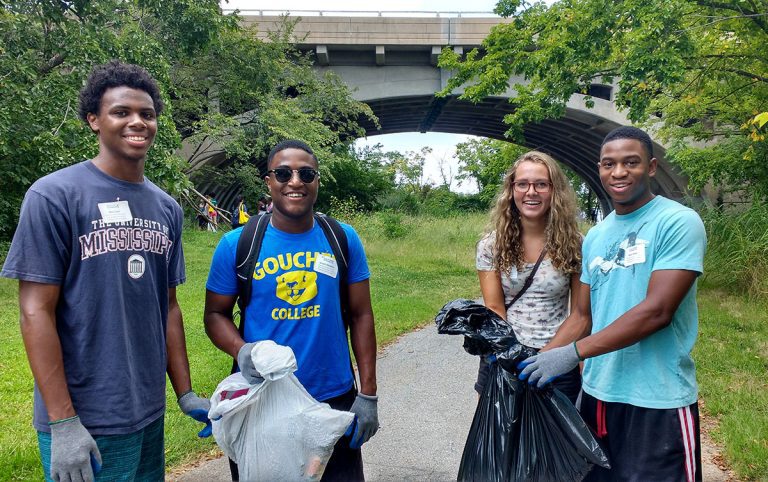Baltimore Harbor Waterkeeper Hosts MD Attorney General Gansler
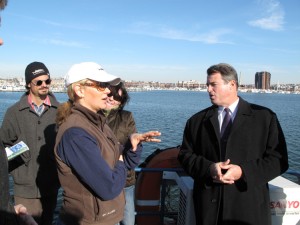
On Tuesday, December 13, Blue Water Baltimore showed Maryland’s Attorney General, Doug Gansler, around our Harbor! As part of his River Audit program, Gansler spent the day learning about the water quality issues facing Baltimore’s Harbor and about our plans to help the community address them.
Gansler conducts four river audits each year. The audits help him understand the unique challenges facing each particular watershed and identifying polluters. The information gathered during these audits is critical to the Attorney General’s efforts in enforcing the state’s environmental laws. First-hand knowledge of this kind also assists the process of designing creative solutions to environmental issues, so we were honored to facilitate his tour.
What did we talk about? We highlighted the four main issues facing our Harbor: stormwater, sewage, toxics, and trash. We discussed how the Attorney General’s office can help address these issues.
Stormwater: We need the Maryland Department of the Environment (MDE) to write stronger stormwater permit guidelines for Baltimore City, Baltimore County, and the industrial facilities that surround our river. These are the permits that control all the stuff that spews out of the stormwater pipes into the streams and river, and MDE needs to issue much stronger permits to protect our waters so we can go back to recreating in our Harbor.
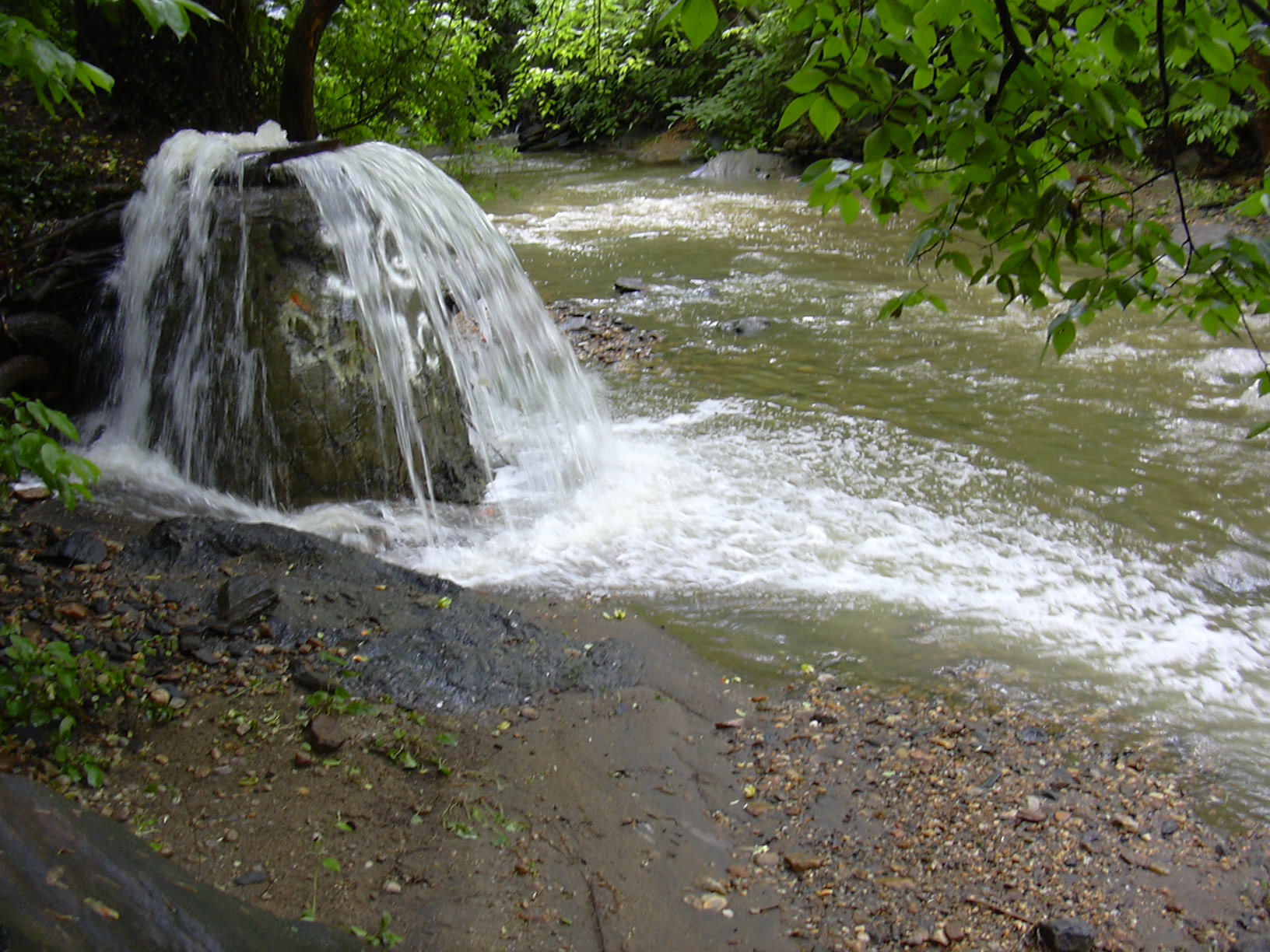
Sewage: We need to STOP the flow of sewage into our waterways. Aging infrastructure is (slowly) being replaced, but sewage leaks persist. Both Baltimore City and Baltimore County need to be forced to fix all leaks. Until we can eliminate bacteria from our waters, we can never safely fish, swim, or play in our local waters.
Toxins: The Harbor sediment is laden with toxins from years of industrial and urban pollution. In order to safely recreate in our waters, we need our sediments to be clean and toxin free. Many say, “let it lie and it won’t cause any harm.” The reality is, though, that the most toxic areas are along the shoreline, and if we are ever to have swimming beaches in the Harbor again, that sediment needs to be cleaned!
Trash: After a rainstorm, the Harbor is lined with trash: plastic bags and plastic bottles make up up much of the flotilla. The bottom line is that we need to stop throwing trash in the streets. To do that we need a better trash collection system (Gansler was surprised to hear that trash cans actually get stolen in Baltimore!). To prevent garbage bags from being left on the streets and being spread around by rats and dogs, we would like every resident to be given a household or business trashcan, with an attached lid.
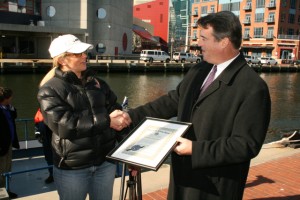
We also need more public trash cans around the city. Reducing garbage through a “bag bill” — one aspect of which could be to allow you to receive a discount if you bring your own re-usable bag to a store — would be an important step in the right direction toward a Healthy Harbor.
Of course, I was also thrilled that the Attorney General also honored me and Blue Water Baltimore’s Baltimore Harbor Waterkeeper program with a certificate of recognition for my work to protect Baltimore’s Harbor. Clean water for our citizens is a passion of mine, and I’m excited that Baltimore is pulling together to seriously tackle our challenges.
